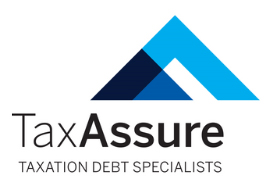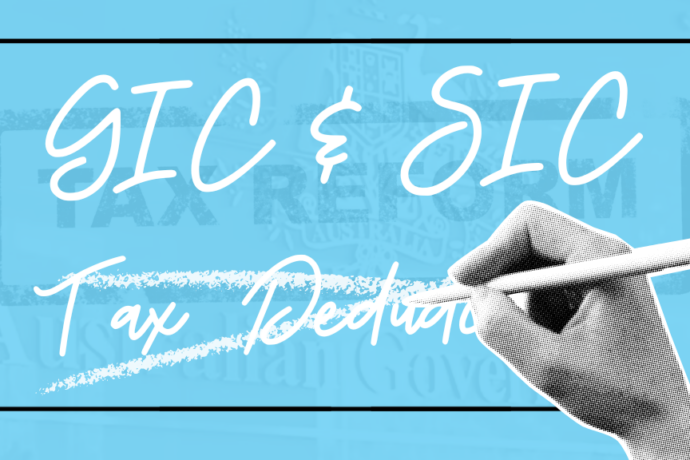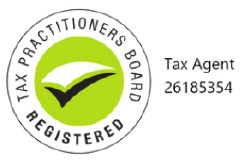Navigating ATO Debt: What Every Business Owner Needs to Know
Home » Blog » ATO debt management » Navigating ATO Debt: What Every Business Owner Needs to Know

Table of Contents
In recent months, the Australian Taxation Office (ATO) has significantly increased its focus on recovering tax debts. For business owners across the country, this has created a new wave of stress, with many feeling unsure of how to manage their financial obligations or, worse, whether their businesses can survive. However, it’s essential to recognise that there are solutions available—and knowing which route to take can make all the difference.
Understanding Your Options
When facing tax debt, business owners often assume that liquidation or insolvency is the only way out. However, depending on the financial health of your business, there may be alternatives that can help you avoid such drastic measures.
1. Payment Plans for Viable Businesses
If your business is still operational and cash flow is manageable, it may be possible to negotiate a payment plan with the ATO. Contrary to popular belief, the ATO is willing to work with businesses that can demonstrate their ability to repay over time. The key here is viability. If you can show that your business is profitable enough to handle regular payments without defaulting, a tailored plan can help you spread out the burden without interrupting operations.
2. Insolvency and Restructuring for Struggling Businesses
On the other hand, if your business is insolvent—meaning you can’t meet your debt obligations when they’re due—then more formal processes like small business restructuring or voluntary administration may be necessary. These processes allow a business to renegotiate debts, often paying creditors a percentage of what’s owed (e.g., 20 to 30 cents on the dollar), while continuing to trade.
The Pub Talk Myth: Liquidation Won’t Make Debt Disappear
A common misconception is that insolvency or liquidation wipes out all business debt, leaving directors free and clear of financial responsibility. This kind of “pub talk” often circulates among business owners, but it’s far from accurate.
In fact, directors can still be held personally liable for unpaid tax debts, particularly if they have failed to lodge tax returns on time or if the ATO has issued a Director Penalty Notice (DPN). DPNs make directors personally accountable for certain types of tax debts, such as Pay-As-You-Go (PAYG) withholding and superannuation guarantee charges. Once issued, these penalties can’t simply be wiped out through liquidation.
Compliance: A Key Factor in Negotiations
When considering debt negotiations, one of the first things the ATO looks at is your compliance history. Have you lodged your returns on time? Have you made an effort to pay off your debt before now? The answers to these questions can heavily influence the ATO’s willingness to compromise.
Businesses that have demonstrated a history of poor compliance are often viewed less favourably in negotiations. The ATO may be unwilling to accept offers if a company has consistently missed deadlines or ignored previous notices. On the flip side, businesses that have kept up with their reporting and made genuine attempts to settle their debts are more likely to secure favourable arrangements.
Seeking the Right Advice
With so much at stake, it’s crucial that business owners seek expert advice. Tax debt is complex, and there’s no one-size-fits-all solution. Whether you’re negotiating a payment plan or considering formal insolvency proceedings, working with professionals who specialise in tax debt and insolvency can help you avoid costly mistakes.
As tempting as it may be to rely on advice from friends or acquaintances—what we sometimes call “pub chat”—the reality is that each situation is unique. A solution that works for one business may not be suitable for another. By seeking tailored advice from experts, you can find the best path for your business, whether that’s through restructuring, formal insolvency, or a negotiated settlement.
The Mental Toll of Tax Debt
It’s also important to acknowledge the emotional and mental stress that comes with tax debt. For many business owners, the fear of losing their business or personal assets can be overwhelming. When you’re caught in the whirlwind of ATO notices and financial distress, it can be hard to take a step back and objectively evaluate your options.
However, by staying informed and consulting with the right professionals, you can regain control and take decisive action. The key is not to delay. The sooner you address the situation, the more options you’ll have available.
Takeaway: Act for It's Too Late
Facing tax debt is daunting, but it doesn’t have to be the end of your business. Whether your business is still viable or struggling, there are solutions available that can help you manage or even reduce your debt obligations. But time is of the essence.
Don’t wait for the ATO to escalate enforcement actions or for your business to hit a breaking point. Consult with professionals who can guide you through the process and help you find the best solution for your unique circumstances.
Remember, tax debt is manageable with the right strategy—and expert advice can make all the difference.





